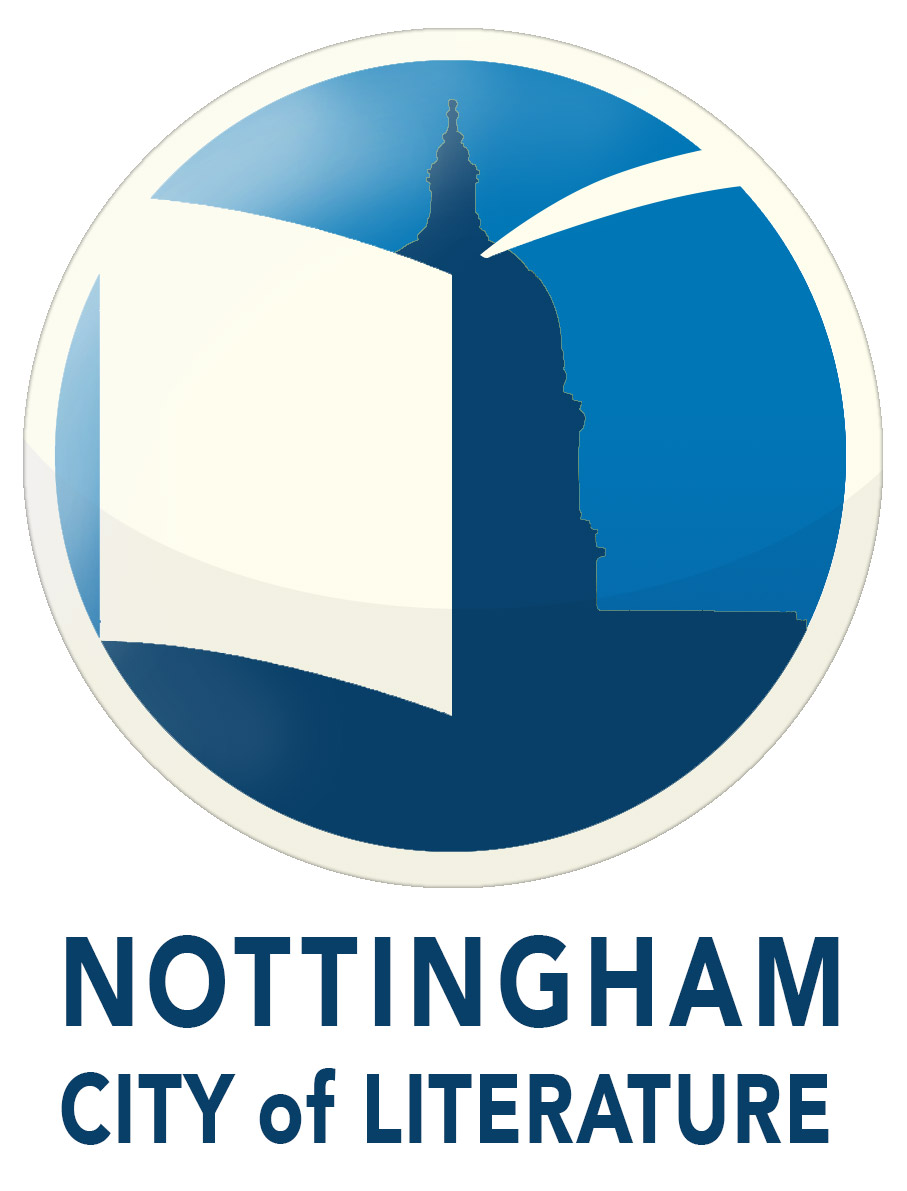#fridayflash
Woo hoo! I got a #fridayflash story out of my time here! It’s ever so short (only 41 words) but I love it. I may even enter it for a competition at some point. If you’re curious about #fridayflash read the appropriate section in this post, I don’t have the energy to cut and paste. I blame the wine, which is a very drinkable Rioja.
The morning workshop
I’m not quite sure what it was about. This course seems to have very much gone that way, workshops involve our esteemed tutors wibbling about stuff and giving us useful pointers, then making us do Really Hard exercises that are at the same time Truly Wonderful. The sheep picture Gwendoline gave me this morning was so scary – imagine the sheep on my #fridayflash post blown up to about 30cm tall – it forced 41 well-polished words out of me under threat of terrifying occult ramifications. (did you see what I did there?)
Anyway, I did get some useful bits out of the morning:
- The voice in any piece of writing needs to be accurate and precise, consistent and appropriate for the piece.
- Similes and metaphors need to evoke the correct mood.
- Include something tactile in the first line. This will pull the reader into the story more effectively than anything else.
We did a couple of fantastic exercises. First, we tried to come up with startling and interesting metaphors relating to the scene of an American park in autumn, faded 4th of July bunting still tied around some of the trees. We all addressed different aspects of the scene, and there were some really excellent ideas. The lesson from this was: if you’re trying to liven up a dull piece of description, write down related thoughts and then take the metaphors one step further. I came up with ‘Japanese maples reaching out, trying to escape the bindings of unthinking patriotism’, which wasn’t the best by any means but shows how symbolism and layers can be built into what could be quite a mundane scene.
The second exercise was to write down a list of 20 nouns, pass it to the next person, and come up with metaphors for each noun. Most people really struggled with this. Some managed to do all 20. I didn’t, I have to say.
The final exercise was simply to write a short piece of polished prose inspired by a picture (we all had different ones). This produced the vampire sheep for me, and all sorts of (mainly sinister) weirdnesses from the other people round the table.
The most interesting aspect of these exercises was how distinct our voices were. Even though none of us are published or experienced novelists, we’ve all more or less established our own individual voices already. And certain themes kept cropping up (Chris and his parrot is an obvious example! you had to be there…).
A Drive Through The Desert
I had to read to the group this evening. I dithered for a long time about what to read, and eventually decided on a story about a soldier critically injured in Iraq. I hadn’t looked at it since I last revised it, in May, and I was surprised to find there weren’t too many changes to make. Gwendoline suggested a few more in my tutorial, and now it’s polished into something I’m quite proud of. God alone knows where it came from, mind you. I really have no idea how a lot of my stories get into my head. It’s bizarre.
I’m bizarre. The sooner I accept that, the better.
Evening readings
Well, I’m glad I went first. I didn’t have time to get nervous. Reading was a very strange experience, different to how I imagined it would be. I felt like no-one else was there, that I was reading to myself.
The other readings were excellent, like last night’s, and I can’t wait to read the rest of those where only extracts were read. I need to know what Billy did while he was away, why Miriam was left her father’s money, and how (or indeed if) Leonardo finished the jigsaw. To find out the latter, I’ll need to buy Bridge House Publishing’s anthology Making Changes, as Debz is marketing manager and she very astutely told us we’d have to buy the book to find out how the story ends! Although maybe if I send in a submission for one of their upcoming anthologies she’ll relent and tell me how it ends…
Most people are still drinking and chatting, but I think I’m too tired to join in… it’s been a wonderful evening, and a wonderful week, and I’m sad it’s almost over. Roll on October, when I’m on another Arvon course at Totleigh Barton in Devon 🙂
Group Photo





